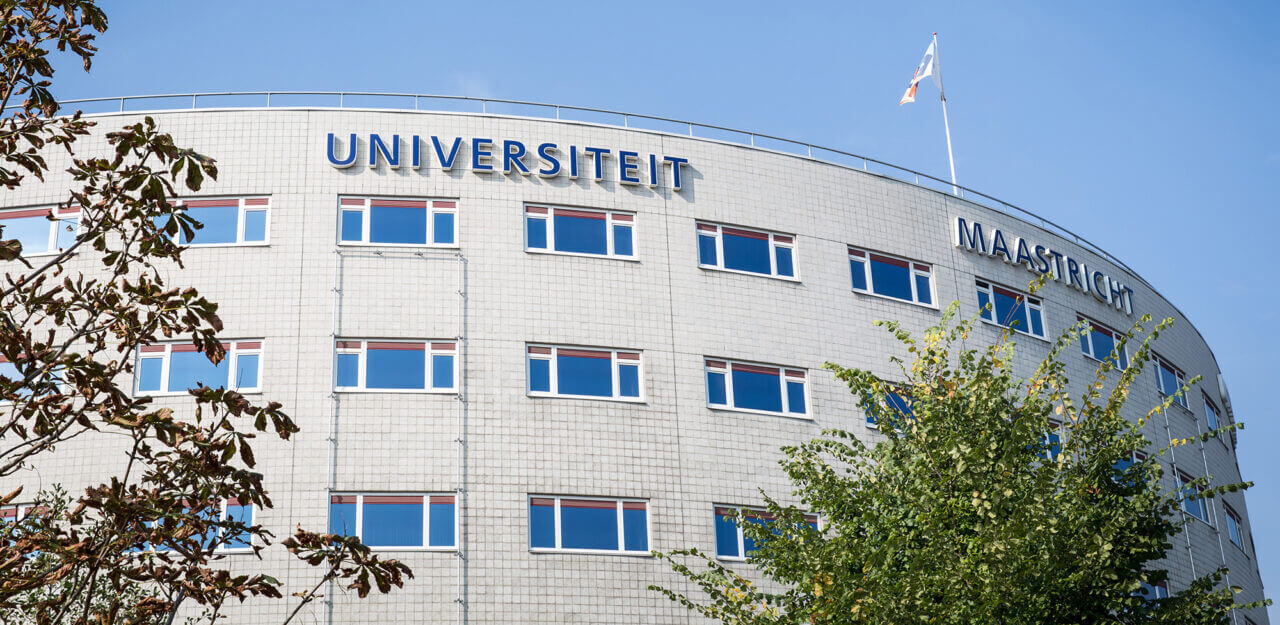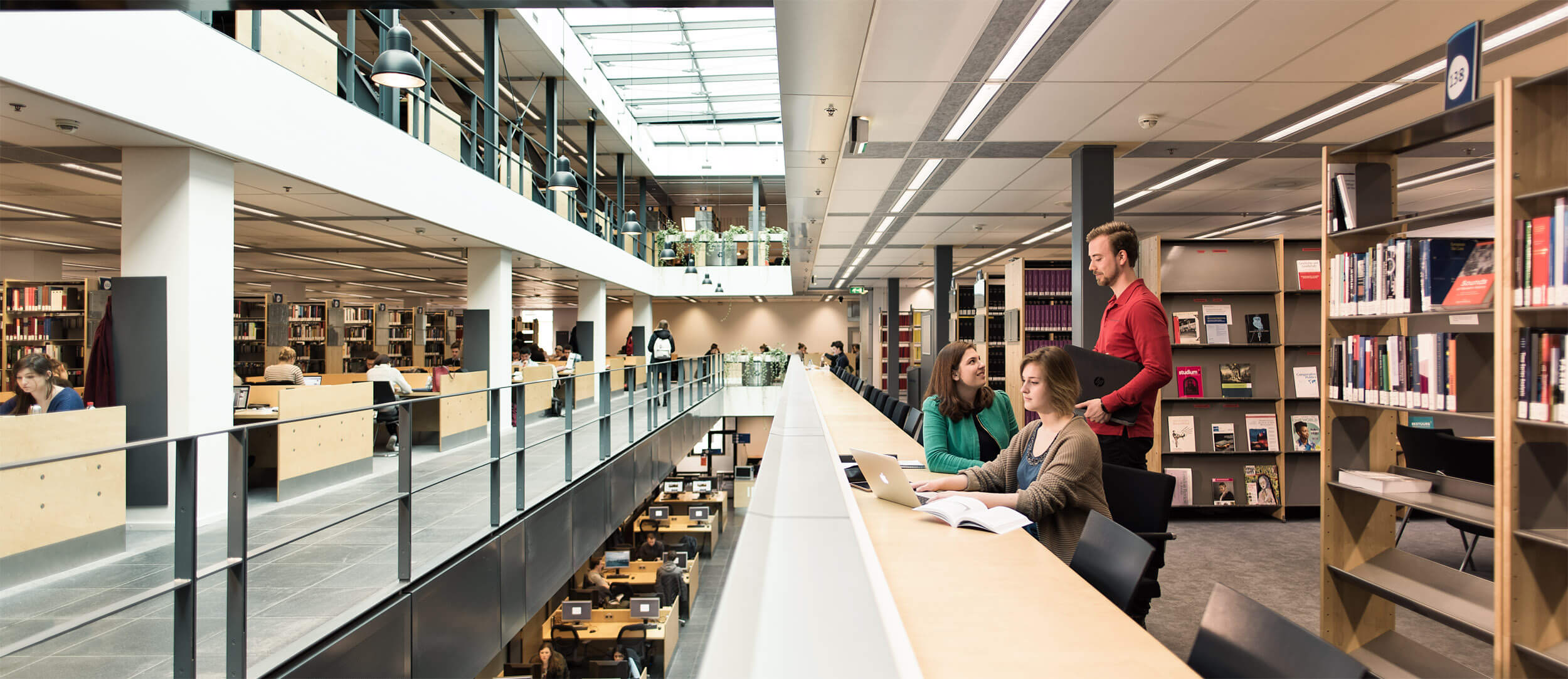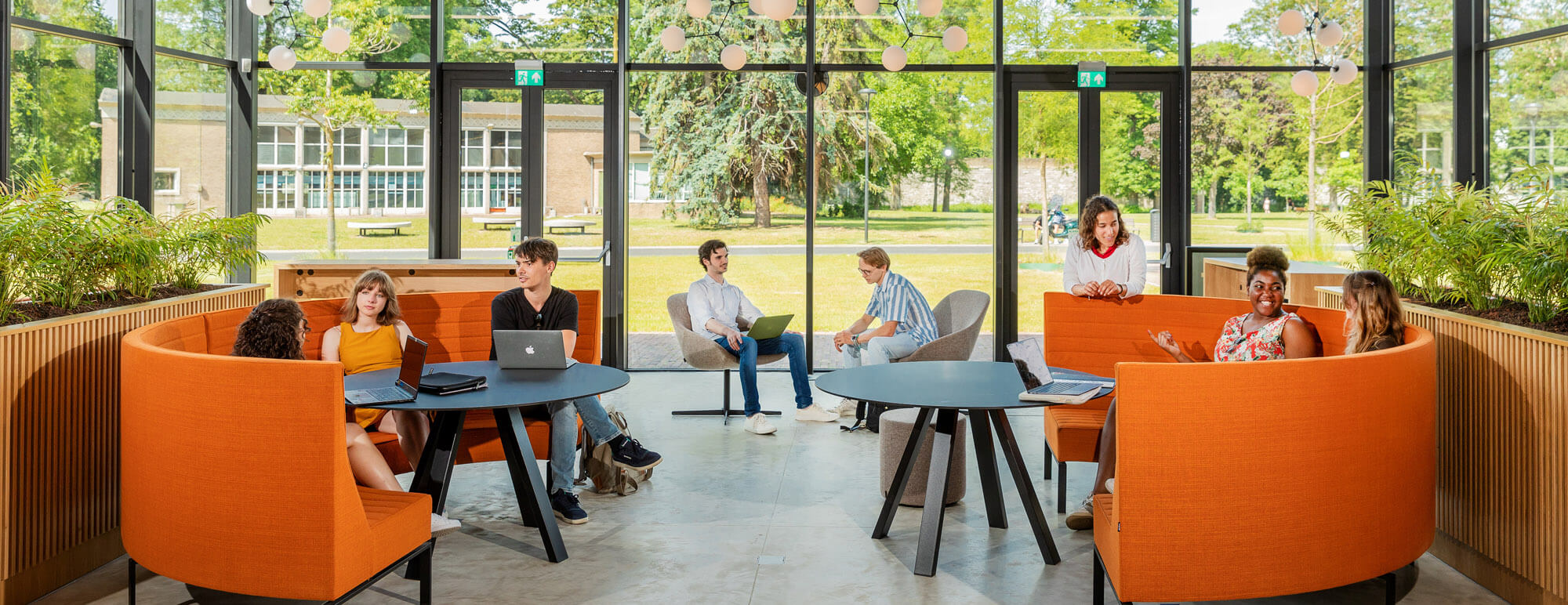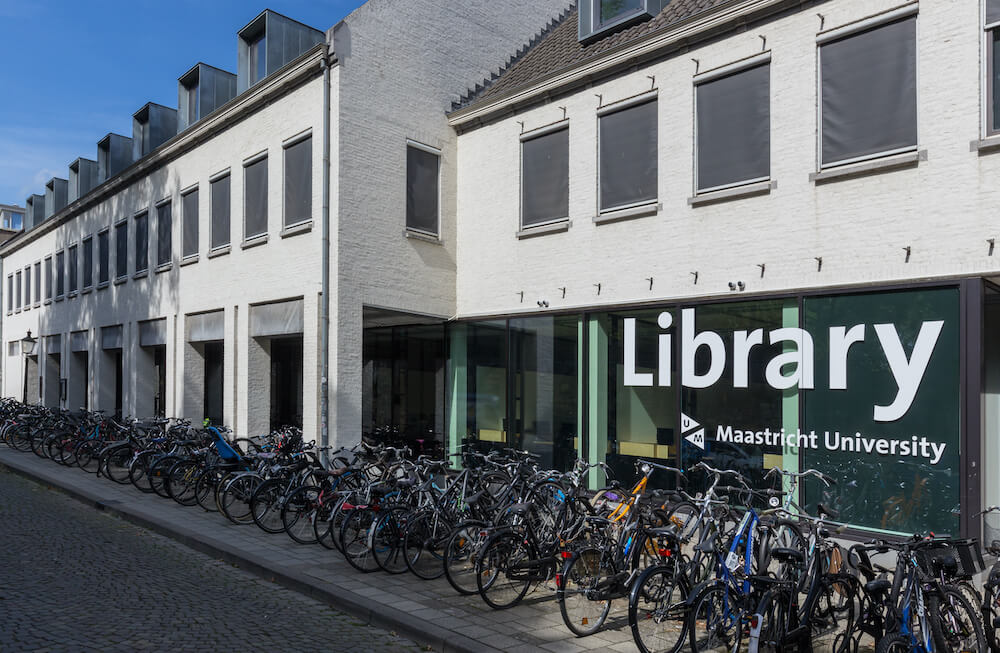Courses & curriculum
In the MSc Systems Biology programme, you will play a central role in shaping your own education. You are able to choose your own set of courses that fit your specific interests and career ambitions.
Year 1
Period 1 and 2: An introduction to Systems Biology
You will start with a two-day introduction to Problem-Based Learning. After this, your first compulsory courses will begin. Depending on your background, these will be Biology and Physiology or Mathematics of Biological Systems. You are obliged to follow the courses: Systems Biology, Modelling Biosystems and Experimental Design & Data Management.
Period 3: Project period 1
It is time for your first research project, examining a real-life challenge. With several fellow students, you will test and enlarge your skills by learning from each other. Still not very sure of your knowledge of mathematics or biology? Undoubtedly your research partners will help you. Often you will do your research with one of the research institutes at UM, like the Maastricht Centre for Systems Biology (MaCSBio) which is the scientific hub of many of your teachers.
Period 4 and 5: Tailoring your programme
During Period 4 you will choose two of these three electives: Omics, Cardiovascular Systems Biology or Dynamical Systems & Non-Linear Dynamics. Followed in Period 5 again with a choice of two out of these three electives: Fundamental & Systems Neuroscience, Modelling Metabolism or Machine Learning & Multivariate Statistics.
Period 6: Project period 2
It’s time to finish your first year with your second research project. You will continue to build upon the skills you’ve gained and collaborate with your fellow students, your different backgrounds and knowledge complementing one another.
Year 2
Period 1: Tailoring your programme even more
It’s time to work further on your career ambitions with two out of four elective courses: Computational Neuroscience, Network Biology, Scientific Programming or Commercialisation & Entrepreneurship.
Period 2 - 6
The rest of the second year is devoted to the grand finale - your master thesis. Your thesis project helps you build your academic profile through an integrated piece of research and/or research-based engineering, preparing you for your future career. You can choose to do your thesis project at a company, a research institute or an NGO - in one of the high-tech facilities in and near Maastricht or another country, it’s fully up to you. For those who like working in a lab, this is your chance to combine generating your own lab data and analysing it as a true systems biologist.
Show less 


